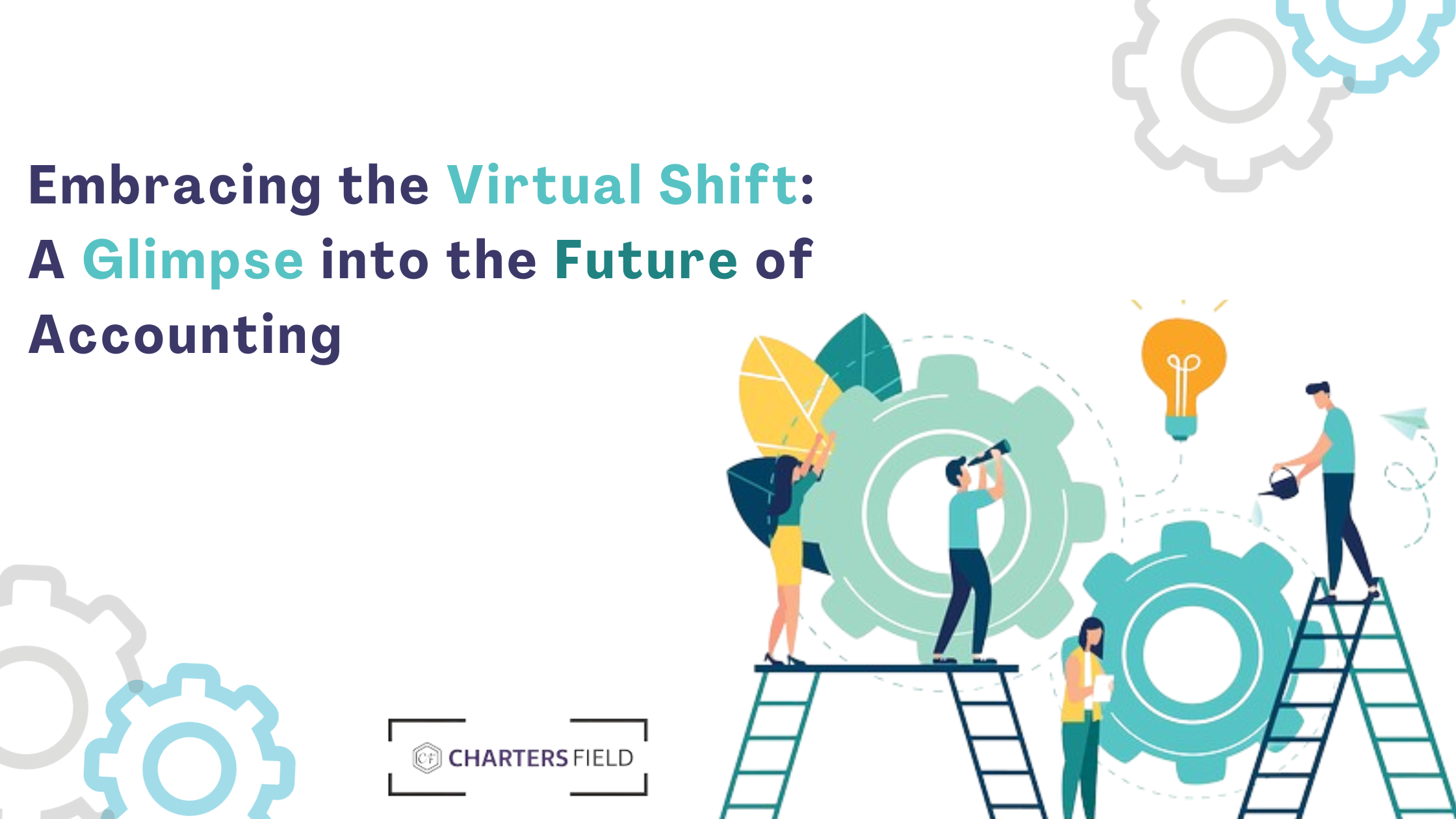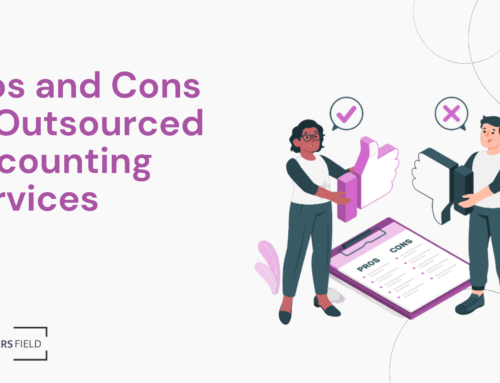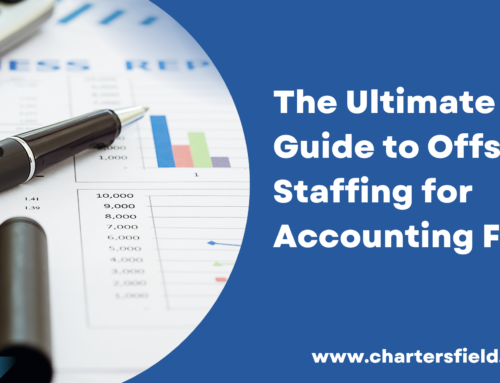Introduction:
In an era characterized by remarkable technological advancements, the accounting landscape is experiencing a profound transformation, propelling towards a future shaped by virtualization. Far from being a passing trend, this shift represents a strategic evolution poised to redefine the financial process. This blog will delve into the depths of the virtual revolution, exploring the driving factors behind its ascent and its implications for the forthcoming trajectory of accounting, with a specific focus on the latest “Virtual Accounting Trends.”
I. The Progression of Accounting Technology:
The trajectory of accounting technology has been intriguing, moving from manual bookkeeping to the advent of accounting software, with each step aiming to streamline financial processes. Virtual accounting represents the next phase of this evolution, harnessing the potential of cloud-based solutions, artificial intelligence, and automation tools.
A. Cloud-Based Platforms:
A cornerstone of virtual accounting lies in the adoption of cloud-based platforms. These platforms securely store financial data online, providing instantaneous access to authorized users. The cloud fosters collaboration, enhances data accuracy, and ensures the smooth integration of financial information across diverse business functions.
B. Artificial Intelligence and Automation:
Virtual accounting taps into the power of artificial intelligence (AI) and automation to execute routine tasks with heightened efficiency. AI algorithms analyze extensive financial data, discern patterns, and yield valuable insights, while automation reduces manual errors and liberates time for accountants to focus on strategic decision-making.
Must Read: https://chartersfield.com/the-fundamentals-of-closing-your-books-at-year-end/
II. Advantages of Virtual Accounting:
A. Elevated Efficiency:
The automation of repetitive tasks elevates the efficiency of accounting processes. With virtual accounting, routine tasks like data entry, reconciliation, and reporting can be executed with enhanced precision and speed, allowing finance professionals to focus on more intricate and strategic facets of their roles.
B. Cost-Effective Solutions:
Virtual accounting substantially curtails costs linked to traditional accounting methods. Cloud-based solutions eliminate the need for physical infrastructure, while automation minimizes the labor hours required for manual tasks. These cost savings can be redirected towards more valuable investments within the business.
C. Real-Time Accessibility:
Access to financial data in real-time is a transformative aspect for businesses. Virtual accounting provides instantaneous access to key performance indicators, enabling decision-makers to make informed choices promptly. This agility is pivotal in today’s dynamic business landscape.
III. Future Implications and Challenges:
A. Integration with Emerging Technologies:
As technology advances, the future of virtual accounting may witness further integration with emerging technologies such as blockchain and predictive analytics. These innovations hold the potential to enhance security, transparency, and predictive forecasting in accounting processes.
B. Skills Evolution for Accountants:
The adoption of virtual accounting necessitates an evolution in the skill sets of accountants. While routine tasks become automated, the demand for strategic thinking, data analysis, and technological proficiency increases. Continuous learning and upskilling will be imperative for accountants to thrive in this evolving landscape.
C. Security Considerations:
The migration of financial data to the cloud raises security concerns. Future advancements in virtual accounting must address and mitigate potential cybersecurity risks to ensure the integrity and confidentiality of sensitive financial information.
Conclusion:
Virtual accounting represents not just a momentary trend but a transformative influence shaping the future of the accounting profession. The integration of cloud-based solutions, artificial intelligence, and automation is enhancing efficiency, reducing costs, and providing real-time insights. As businesses adapt to this virtual shift, accountants must embrace new skills and technologies to navigate the evolving landscape successfully. The journey towards virtual accounting is not without challenges, but the benefits it brings promise a more agile, informed, and strategically focused financial future for businesses worldwide.



